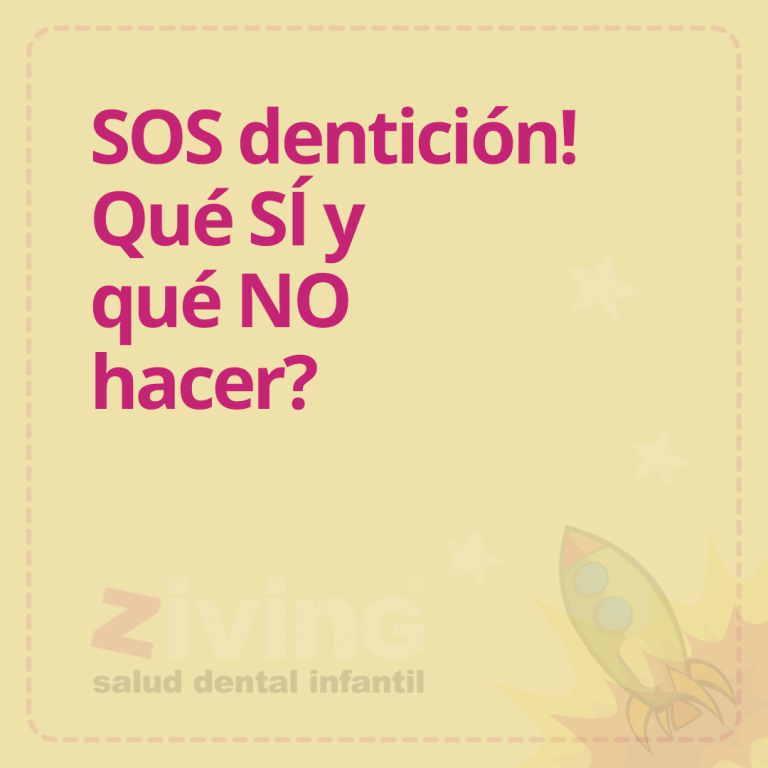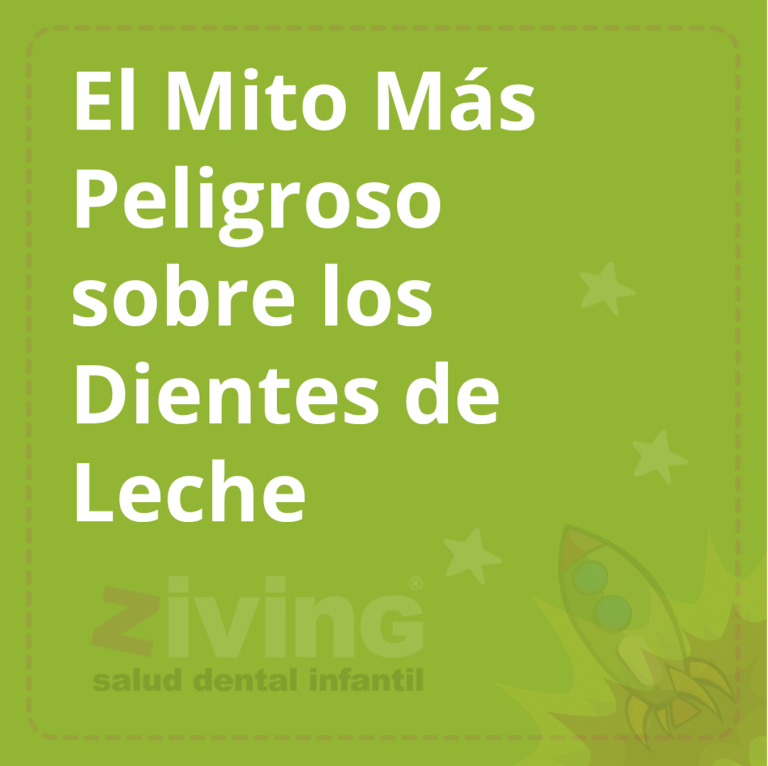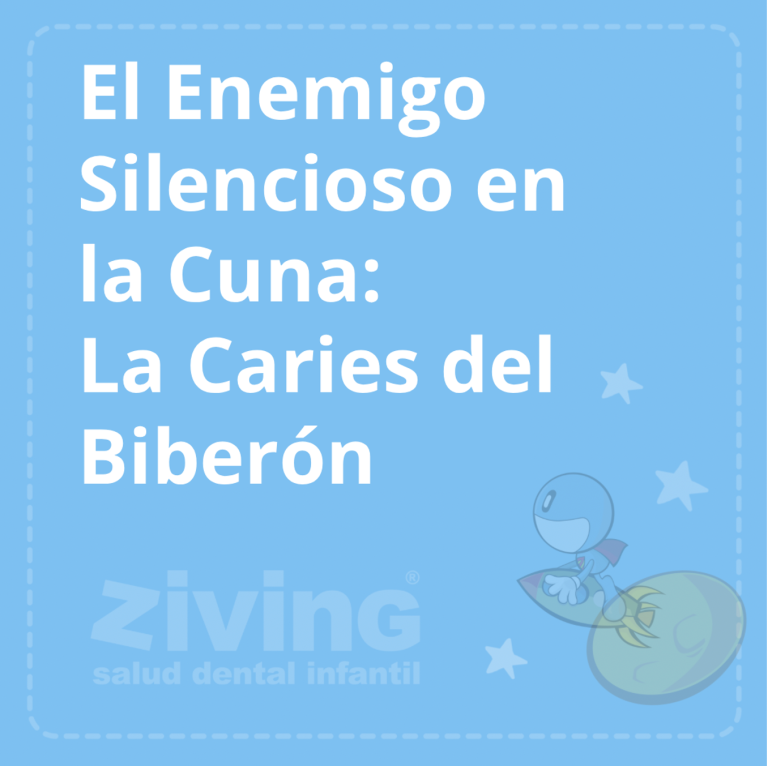Habits that can damage our oral health
The health of the mouth is influenced by many factors in addition to genetics and oral hygiene. Most of our tics and habits are unconscious, and we don’t even know how often we repeat them when we are anxious. Sometimes we do realize it, but we are not able to stop doing it, despite the fact that some of these actions that we carry out mechanically in stressful situations damage the health of our mouth.
– Grinding your teeth or clenching them excessively can cause headaches and tooth fractures.
It is estimated that more than 70% of adults have bruxism (both daytime and sleep bruxism) and in both cases anxiety and stress have a lot to do with it. But in some cases it may have to do with dental malposition. Some studies also link it to some sleep disturbances. One of the main consequences of bruxism is enamel wear. But it can also cause muscle contractions in the cervical spine, headaches, jaw pain, and even fractures in the teeth.
– Chewing on objects causes damage to tooth enamel.
Many people nibble on almost any object they can get their hands on: pens, pencils, sticks to stir the coffee machine, the caps of plastic bottles… Some do it to concentrate, and others to calm anxiety, but the teeth suffer, because their function is not to bite objects, but to chew the food. This causes the denture to exert inadequate pressure that can fracture them and even, over time, can move them.
– Biting lips and inner cheeks can create mouth sores and infections.
Dermatophagia is the name given to the habit of biting the skin on purpose, and sufferers resort to it to relieve stress. We are not referring to accidental biting of the inside of the cheeks or lips, but rather when biting voluntarily.
Many times they start biting pencils or some other small object in nervous situations, and the habit turns into nibbling their own mouth, which can cause painful wounds and infections in the oral mucosa.
– Nail biting (onychophagia)
This habit can even cause pain when the skin surrounding the nail becomes inflamed and infected. In severe cases, intraosseous cysts and bone infection may occur. But they also tend to have a greater presence of potentially pathogenic bacteria in their mouths as a result of this habit, which can even lead to intestinal infections, wear on the tooth enamel, alterations in the jaw that can cause pain and problems when chewing, as well as problems in the gums that can end up causing gingivitis or periodontal disease.
– Poor chewing: A significant part of the population chews only on one side of the mouth and, in most cases, the reason is a poor positioning of the teeth and can even cause asymmetries in the dental arches and in the structures of the face and skull. It should not be forgotten that the mouth is a morpho-functional unit and chewing using only one side of the mouth leads to a decompensation of the temporomandibular joint and the teeth.
Just as it is difficult to walk with only two toes, the mouth does not function properly if only two teeth are in good contact when chewing. To continue with the simile, if we do not walk on one leg, we should not chew only on one side. Thus, the good condition, placement and usefulness of the teeth is directly related to how well or poorly the mouth works, and vice versa. That is why we always emphasize the importance of solving the different types of malocclusion with orthodontics in order to achieve a good bite.
Learning to chew correctly from an early age will help avoid problems such as headaches, stomach and neck pain, which can become chronic.
A mouth that is not able to chew well will create problems in other parts of the body. For example, grinding food well is essential for a good digestion because it allows a proper fragmentation of the food to swallow it properly, and mix it with the salivary juices to start digestion without the stomach having to do extra work.
Avoid talking while eating in order to chew well; carry out proper oral hygiene to avoid losing teeth, having cavities or mucosal wounds that make chewing difficult; eat slowly or take food at the correct temperature (so as not to swallow too fast because it burns or is too cold) are some of the tips for better chewing.



